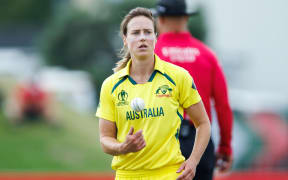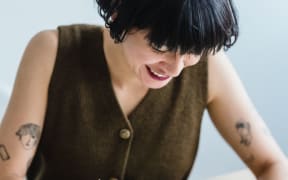Sunday Morning for Sunday 3 April 2022
8:12 New Zealand remains polarised over mandate liftings
From tomorrow, New Zealand will do away with Covid-19 vaccine mandates for many workers - including for those working in education, police and the NZ Defence Force.
Other changes already in place include the scrapping of all gathering limits in outdoor settings and the removal of the requirement for people to use the Covid-19 tracer app to scan in when entering businesses.
However, New Zealanders remain polarised over the lifting of the mandates, with the latest survey from Research New Zealand showing that over one quarter of all respondents (27%) are "unhappy" with the lifting of the mandates. Many of them believe it's still too early to lift the mandates with case numbers currently being so high in this country.
Research NZ Managing Partner Emanuel Kalafatelis is with us to cover off the results.

Photo: RNZ / Dom Thomas
8:19 Coffee consumption good for heart health, research finds
Two to three cups of coffee a day is a 'magic number' for a healthy heart, according to a new study that has tracked the coffee-drinking habits of half a million people for 10 years.
According to the wide-ranging study, those who drank that magic number each day ended up not just having fewer heart problems, but less chance of dying over that 10-year period.
For people who already had heart problems, drinking two to three cups of coffee a day was associated with lower odds of dying compared with abstaining.
Dr Peter Kistler is the senior author of the study and a leading arrhythmia expert who is professor of medicine at both the University of Melbourne and Monash University.
He joins the show to discuss the study and why 2-3 cups is the magic number.
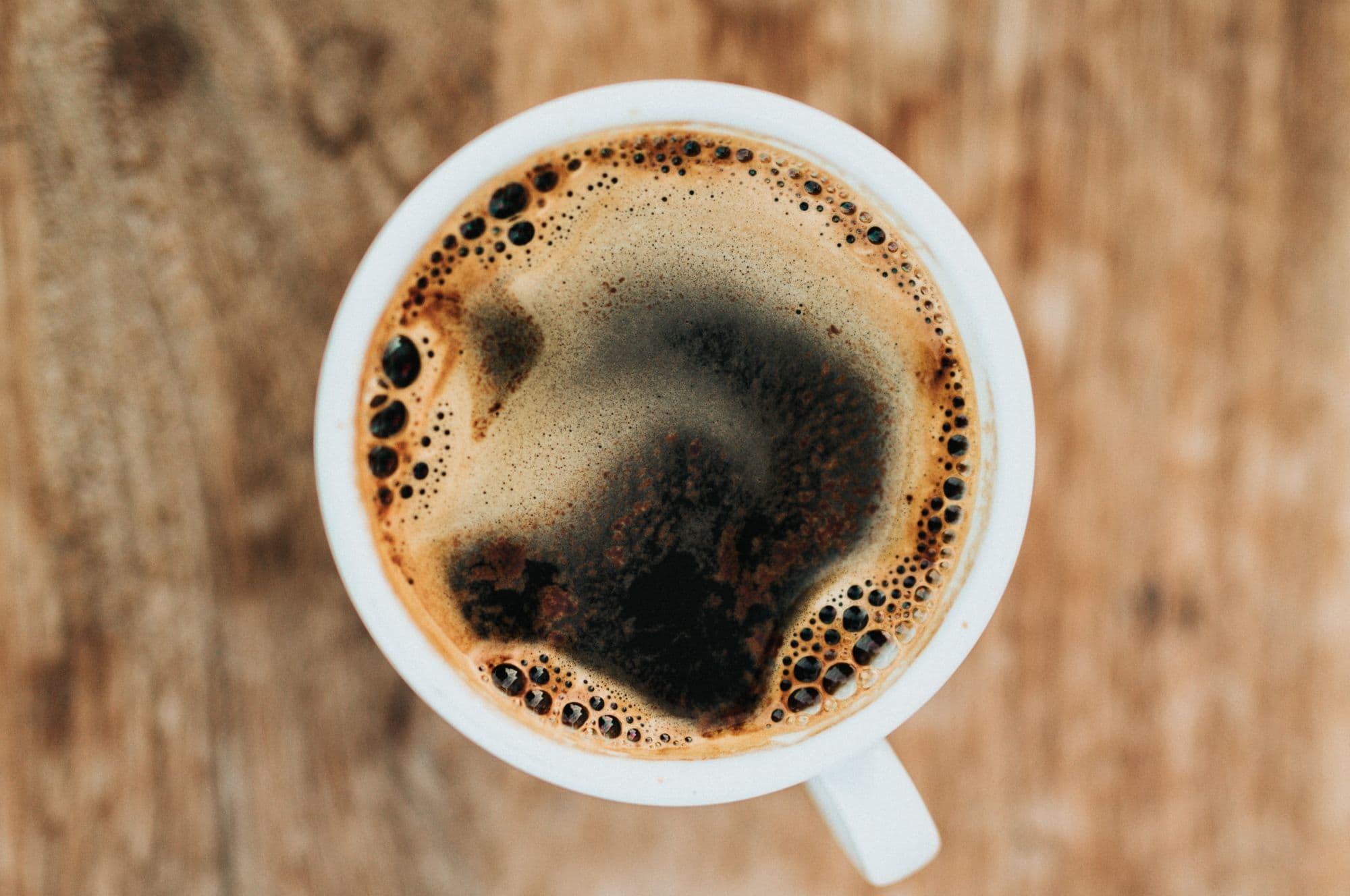
Photo: Public domain
8:30 Unmasking the gruesome realities of war
Pulitzer Prize winner Lynsey Addario has covered nearly every major conflict and humanitarian crisis over the last 20 years and is considered one of the most influential photojournalists of our time.
A regular contributor to National Geographic and the New York Times, Addario has recently returned to London after an assignment in Ukraine, where she had been based since February, capturing the devastation of the Russian invasion.
Addario focuses largely on civilians and women and children. For her, those are the victims of war because they're not participating in the fight. She took one of the most recognisable images of the conflict: one that shows four people - a woman, a man and two children - lying on the ground, their suitcases beside them, after a Russian mortar hit just as they had made it over a bridge.
She joins the show to discuss her experience in Ukraine and how she manages to deal with the huge physical and emotional toll that comes with doing what she does.
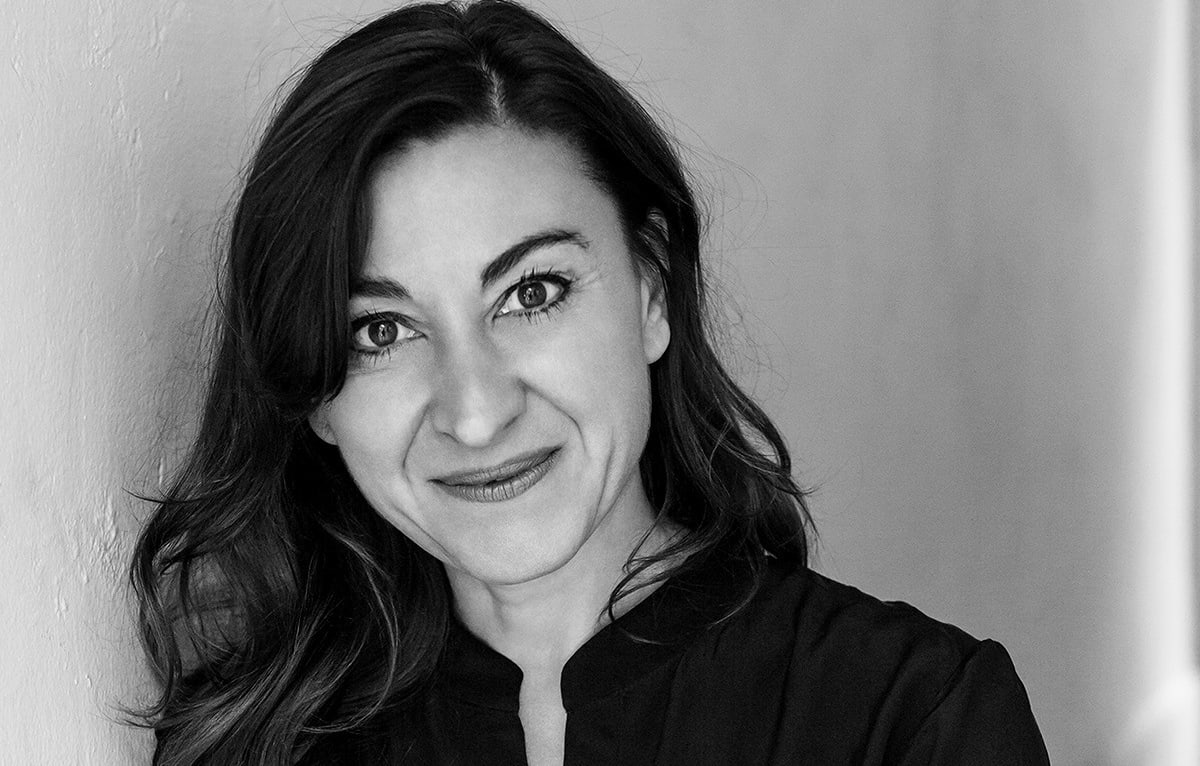
Pulitzer Prize-winning photojournalist Lynsey Addario. Photo: Supplied/Lynsey Addario
8:52 Women's Cricket World Cup final preview with Felicity Reid
It mightn't have been the fairytale finish that White Ferns supporters had been hoping for, but this afternoon's ICC Women's Cricket World Cup final between Australia and England at Hagley Oval is the tournament showpiece many were expecting.
Holders England made their way into the final after losing their first three games at the World Cup, while six-time champions Australia have been the team to beat from day one, topping the group and remaining undefeated throughout the tournament. Indeed, the Australians have won 37 of their last 38 One Day Internationals, including a run of 26 consecutive wins.
Radio New Zealand sports reporter Felicity Reid joins the show to preview today's final, which starts at 1pm.

Photo: PHOTOSPORT
9:06 Mediawatch
Mediawatch talks to the boss of a new talk radio network promising a constructive approach to contrast with its rivals. Also: how one big news publisher has undermined a collective effort to confront Google and Facebook - and journalists are pleading with the public to dial down political nastiness - but the media like a bit of meanness too.
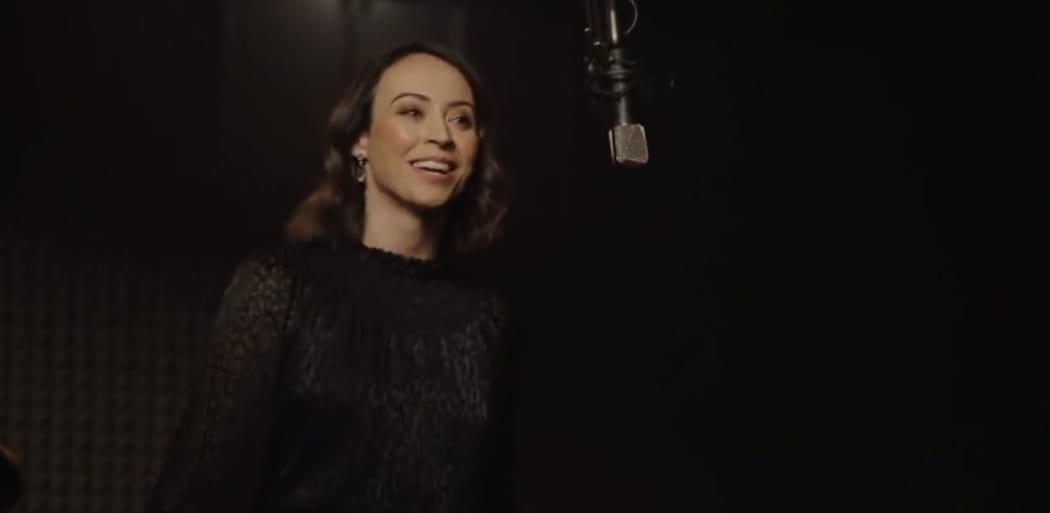
Tova O'Brien appears in a promo video for Today FM Photo: MediaWorks
9:37 Covid-19 update with Professor Michael Baker
What is there to know about Omicron and the future of this pandemic that we don't already know, aside from guesswork? Well, a few things.
Professor Michael Baker from the University of Otago Wellington is back with us for a Covid-19 update. He'll be discussing reservations about the mandates coming off tomorrow, trial data on booster shots for 12-17 year olds, new Covid spit tests, and whether New Zealand got Omicron at the right time with winter now on its way.
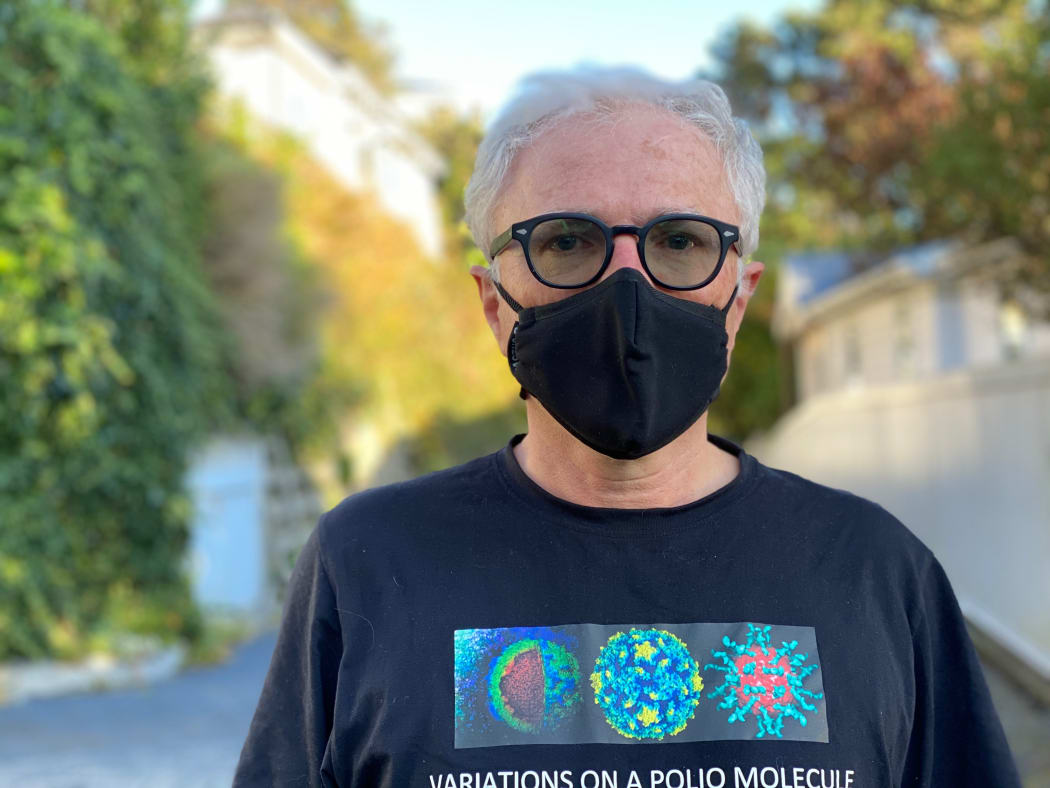
Professor Michael Baker Photo: Supplied
10:06 How well-being predicts outstanding job performance
Over five years, researchers sought to find the answer to this confounding chicken-and-the-egg question. Which comes first: happiness or success? In other words, does success make you happy, or does happiness make you more likely to succeed?
Paul Lester is associate professor of management at the Naval Postgraduate School. He and colleagues Martin Seligman and Ed Diener (now deceased) followed nearly one million employees of the U.S. Department of Defense for five years, measuring their happiness and optimism.
They found that those with the highest positive well-being had almost four times the number of award recognitions as those in the group with the lowest well-being scores.
Professor Lester is with us to look at the study's results.

Photo: creative commons - pixabay - RobinHiggins /
10:24 The man who gets inside the heads of movie watchers
Director, writer and producer Kevin Goetz has been at the centre of the movie research industry for more than 30 years.
Goetz's firm, Screen Engine/ASI, conducts screenings for test audiences (including in New Zealand) and research for a majority of all movies that are widely released around the world. Hollywood star Charlize Theron says he gets inside the heads of movie watchers like no one else.
Goetz is also a member of the Academy and was in attendance at the Oscars this week, when actor Will Smith slapped comedian Chris Rock after he made a joke about his wife, Jada Pinkett-Smith.
He joins the show to discuss the Oscars incident, his new book Audience-ology: How Moviegoers Shape the Films We Love, and why the pandemic - and the absence of regular screening processes - has helped continue the trend of ever-increasing movie duration times.
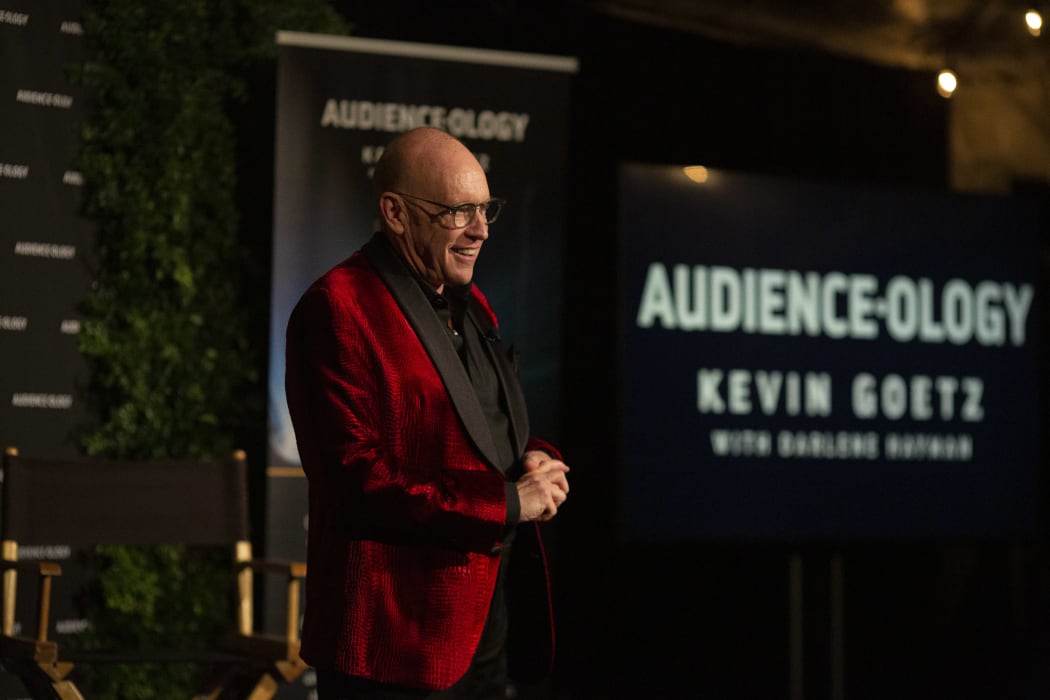
Movie research legend Kevin Goetz is the author of the new book Audience-ology: How Moviegoers Shape the Films We Love. Photo: James Bernal
10:44 The key role morning light plays in our health
We hate to be the bearers of bad news here at Sunday Morning, but for those who don't already know (or are refusing to acknowledge the fact), summer is over.
In winter, when many people often feel out of sorts, we'll see even less sunlight. And that can be cause for concern, because the perils of life without sunlight are really quite real. A lack of sunshine means your immune system doesn't work as well, and your defence mechanisms suffer similarly. All of these things are an offshoot of a disrupted circadian clock.
Professor Steve Jones, Emeritus Professor of Genetics at University College London, explains the role morning light plays in our health, and why we go outside in search of it.

Photo: ? Image Source, all rights reserved.
11:05 Calling Home: Rachel Nelson in Tashkent
Hawke's Bay native Rachel Nelson has lived in plenty of different places around the world - China, USA, Qatar and Germany, to name a few.
But the experience she and her family are currently enjoying in Uzbekistan's capital of Tashkent is different from anything else, especially when it comes to language.
Rachel works in HR and recruitment and has just finished a remote stint with UN Volunteers. She also has a blog and website (Yay for Today) that is for people living the expat life.
Rachel's American husband Derek is the principal of the international primary school in Tashkent, where they moved from Germany during the pandemic (July 2021) for "work and adventure" reasons. And they're certainly having the adventure they asked for.
The couple have three teenage children - Hugo (16), Oscar (14) and Rosa (13) - living with them in Uzbekistan, which is the most populous country in Central Asia.
Rachel's Calling Home this morning.

Tashkent Photo: Supplied
11:26 Why 'forgetting' is actually a new form of learning
It's a commonly-held belief that forgetting things is the first sign of a slippery slide into cognitive decline.
However, researchers at Trinity College Dublin and the University of Toronto now argue that 'forgetting' is actually a form of learning that helps our brains access more important information.
Forgotten memories, the researchers explain, are not really lost for all time - just made inaccessible. The findings also suggest that it might be possible to recover memories that had been thought to have been lost to disease - such as seen, for example, in patients with Alzheimer's.
Study co-author Professor Tomás Ryan from Trinity College Dublin is with us to discuss the research.

Photo: 123RF



